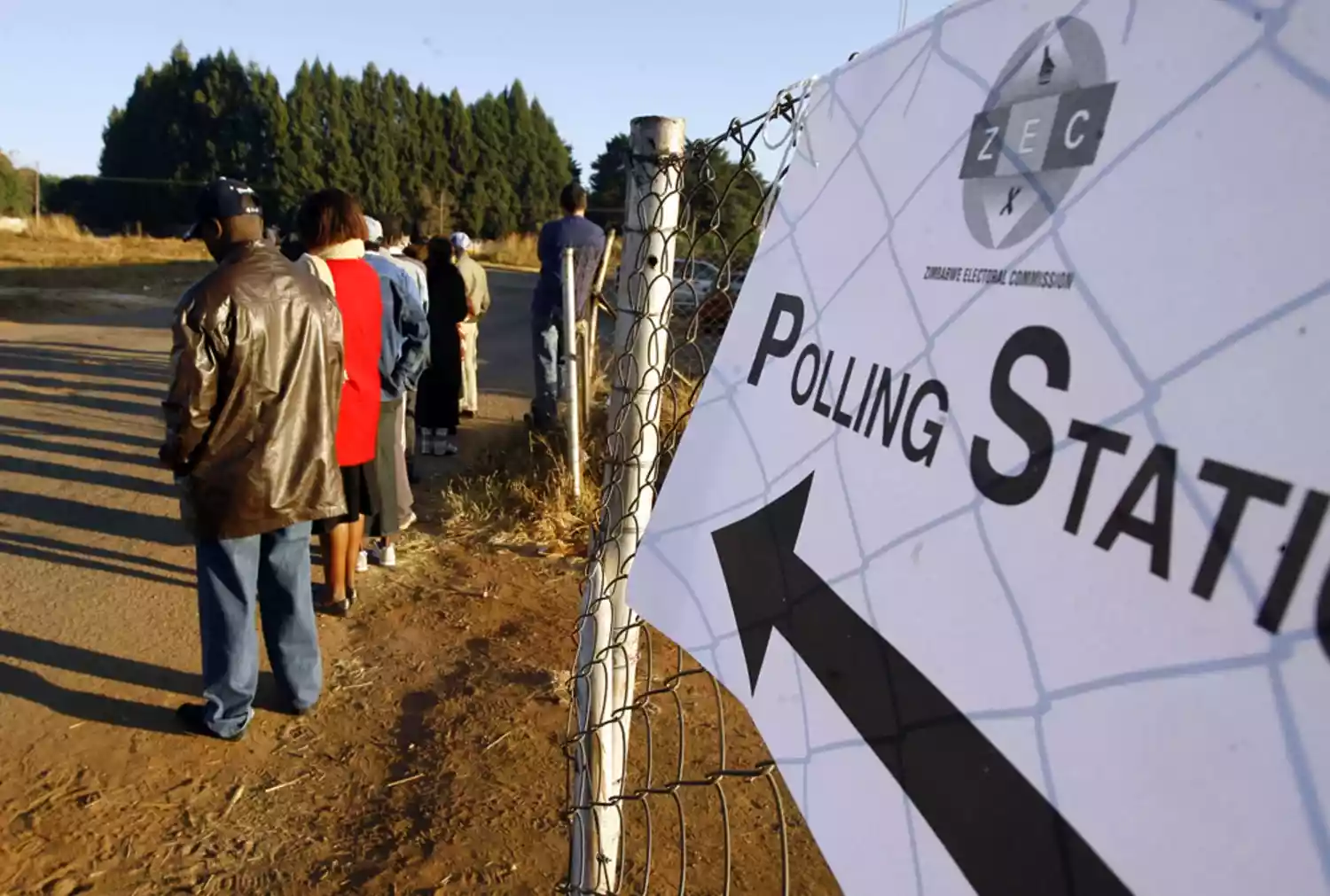
Artificial Intelligence is no longer coming.
It is already here, transforming industries, creating billionaires and rewriting the future of work.
The uncomfortable truth is this: if Africa does not embrace AI now, we will once again be left at the margins, begging to consume what others produce instead of shaping our own destiny.
For African creatives, writers, musicians, filmmakers, fashion designers, digital innovators, AI should never be seen as an enemy.
No algorithm can replace the spirit of a Shona proverb, the heartbeat of a djembe, isitshikitsha or the spiritual depth of ubuntu.
But AI can sharpen, refine and distribute our creativity in ways that make it globally competitive.
To reject it is to hand over our future to those who will not hesitate to use it to tell our stories for us.
The tragedy is that many of our governments, private and public academic institutions, even creative industries are dragging their feet.
- Time running out for SA-based Zimbos
- Sally Mugabe renal unit disappears
- Epworth eyes town status
- Commodity price boom buoys GB
Keep Reading
Instead of investing in AI education and infrastructure, we are busy fighting small wars of censorship, corruption and short-term politics.
Meanwhile, the rest of the world is building economies powered by AI, unlocking new wealth and rebranding their cultural products for export.
Africa cannot afford another century of technological dependence.
Globally, the numbers are clear. According to AlixPartners’ annual Digital Disruption Survey, 44% of media and entertainment companies already see AI as a major revenue opportunity.
These are not guesses; these are facts!
The companies and countries that will win are those that learn to use AI not as a replacement for human creativity, but as a partner.
Here at home, we still debate whether AI is “good” or “bad” while others are busy using it to shape the future.
A recent Tracklib survey revealed that 75% of music producers reject AI outright, but even those who embrace it use it strategically, to separate stems, master tracks, or improve sound.
Only a handful are letting AI write their songs.
This shows us something crucial: the soul of art remains human.
What AI offers is speed, access and quality.
That is what Africa needs if we want to compete in global markets.
Think of what this could mean. Zimbabwean filmmakers struggling with small budgets could use AI tools to cut production costs while still exporting authentic African stories.
A Kenyan or South African fashion label could use AI-powered design to compete on Paris runways.
Rural entrepreneurs could harness AI marketing tools to sell crafts to buyers in London, New York or Shanghai.
These are not far-off dreams, they are opportunities waiting to be seized.
But none of this will happen if African governments and policing institutions continue to sleep on this historic digital revolution.
We need deliberate policy shifts, urgent investment in training and incentives for creatives to explore these technologies.
Instead of censorship, let us talk about protection of intellectual property in the age of AI.
Instead of spending on vanity projects, let us build labs, hubs and platforms where young Africans can experiment with tools that are already shaping tomorrow’s economies.
The fact is that, AI will not wait for us to catch up. It is moving with or without Africa.
If we hesitate, we will once again find ourselves at the mercy of others, consuming imported culture while our own stories rot in silence.
AI is not here to kill African creativity. It is here to amplify it, sharpen it and carry it beyond our borders.
But this will only happen if we stop being afraid and start being intentional.
The tools are in our hands. The stories are ours. The only question is whether we will use them to lead, or sleep through another revolution and remain digital slaves of the future.










